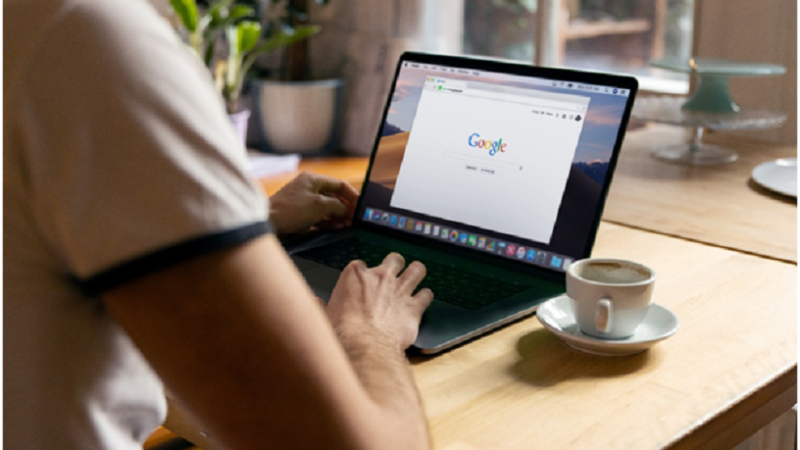You can probably find a public Wi-FI hotspot on nearly every major block in the civilized world. It is just that common nowadays. Yet with great opportunity comes great risk, as there are problems with public Wi-FI networks when it comes to security. They are hunting grounds for cyber criminals and data-collectors, meaning that your private information is at risk. You need to prepare yourself and your devices before regularly using them.
Here are 10 facts about public networks that you should know before using them again:
You Can’t Trust Them All
Many of the Public Wi-FI networks are simply untrustworthy, and while many restaurants will offer the service to customers free of charge, cyber criminals will make use of those who don’t by setting up false networks that will steal your information or otherwise cause problems for your computer once you log into them. If you are uncertain, then you should ask an employee of the establishment or just avoid the network.
Most Are Unprotected
Unfortunately many public networks, for one reason or another, do not have any sort of security on them. These “open” networks basically allow anyone to read into what is going on over the network. Try to think of it as a sort of broadcast coming out of your computer, and anything you request is what is being sent over the airwaves. If at all possible, try to avoid these networks, and use your data plan instead. Data plans might be expensive, but identity theft can be even more expensive.
Not All Security is Equal
Some of the public networks you encounter will have at least some form of encryption, although you need to know about the different forms out there and how good they are. As a general rule, any form of encryption or protection is better than none, but WEP is in this day and age next to useless. Ideally you should using networks that have WPA protection or even better WPA2. Those are the ones hackers might have a tough time with, but they aren’t perfect, so don’t log in if you have any inkling that it might not be safe.
Avoid Financial Transactions
Without some sort of protection, you should never under any circumstances do any sort of financial transaction over a public network. This cannot be stressed enough. You should not do any online shopping, online banking (even if it is just to check your balance), or work with any online accounts that have financial information. This includes app purchases on your smartphone, as the data is still being sent over the network.
Your Information Can Be Intercepted Easily
It is not too difficult to intercept your data over a public network. All a novice hacker requires is a laptop (and not a particularly powerful one) and a simple device that will catch the signals being sent. These devices are cheap and easy to use and will pick up your usernames and passwords so hackers can nearly immediately log into your accounts, cause havoc, and steal your money.
Your Passwords Won’t Help You
The way that hackers get your information means that your passwords, unfortunately, are not very useful. No matter how complex they are, hackers will be able to copy them down exactly if they are broadcast. The same goes for your passwords, security question answers, and anything else you use over the network. Your anti-virus software, while useful and necessary as mentioned above, is no proper protection against a hacker.
You Can Use a VPN to Protect Yourself
The best tool you can use to fight off all of the hacker threats listed above is a Virtual Private Network (VPN), which is a service that you can subscribe to that will allow you to connect to an offsite secure server using an encrypted connection. This special connection allows all data traveling over the network from and to your computer to be protected by a “tunnel” of sorts, which hackers can’t see into.
If you want to learn more or know how to pick out a good one, then it is suggested that you read this short guide to VPNs. Just know that any VPN is better than no VPN and that many of the free VPNs advertised out there are questionable at best. Consider it your ticket to safely using public Wi-Fi.
Don’t Get a False Sense of Security
Many of the networks you will encounter, especially those found at restaurant chains and public buildings, will have some sort of terms and conditions that you need to accept before connecting you to the network. This will often come up in a page in your browser and will make the network appear more secure to you.
Do not fall for it. The existence of such a page does not in any way make the encryption better on the network. In fact, you need to make sure you are agreeing to terms that you are okay with; otherwise, you might have your privacy invaded. If you are ever uncertain, just skip using the network. It is never worth a security breach.
You Need Security Programs
If you don’t have a security suite program installed on your computer already, then it is a great surprise that your computer is able to browse the internet to read this. If you are bringing your notebook or laptop onto a public network, then you need to have a program that will protect it. Smartphones have their own defenses against malware and viruses. You need to do your research and find some of the best ones out there so that you will have that necessary layer of protection.
You Should Only Be Using Safe Websites
When using a public network, there are already enough threats out there, so you shouldn’t be taking any risks by using an unsafe website. For the most part, you should only stick to using websites with the “HTTPS” tag on them, often signified by a padlock or other symbol on your address bar. Any major website will have it, and other browsing can certainly wait until you are back to the safety of your home network.
Thank you for reading, and may you take these tips into account when considering logging into your local Wi-Fi network to check your notifications. For more information staying safe on public wi-fi and any time you use the internet check out, www.securethoughts.com, a great resource for more online safety information.











